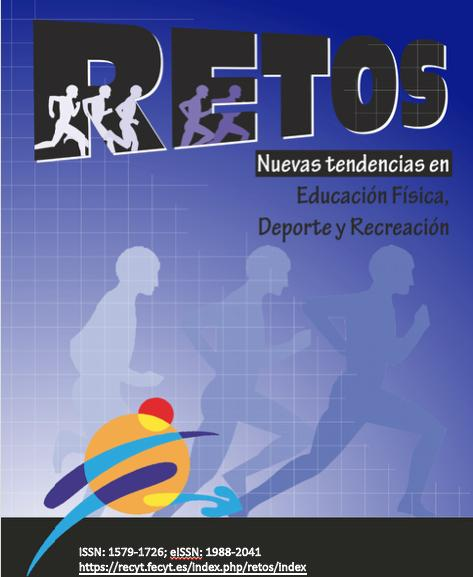Impact of adapted physical education and para-athletics on mental skills and on pedagogical and school inclusion of teenagers with disabilities
DOI:
https://doi.org/10.47197/retos.v68.111520Keywords:
Psychological skills, cognitive skills, stress reaction, para-sport, well-being, inclusive educationAbstract
Introduction: This study examines the influence of the integration of two adapted programs (adapted physical education and para-athletics) on the mental abilities and of motor-disabled students.
Objective: The objective is to identify strategies to promote effective inclusion in educational environments, particularly in physical education.
Methodology: The study was conducted with 96 pupils with motor disabilities (14-18 yrs), enrolled in public schools in Morocco. In accordance with the provisions stipulated by the Para Athletics classification, the categorization of disability classes was divided into three distinct groups. The participants were randomly divided into 3 groups. The 1st group(control) does not possess a defined program; in the 2nd group, subjects followed an APE program comprising 24 sessions over a 3-month period. The 3rd group benefited from the same APE-para-athletics program (24 sessions) and inclusive competitions. Assessments were conducted before and after the intervention. The OMSAT-4 Mental Ability Scale and the Sense of School (SSIS) Pedagogical Inclusion (SPIS) were employed for the assessment of the participants.
Results: The control-group demonstrated no statistically significant change, with some variables exhibiting a decline. The APE-program yielded significant improvements in basic skills, including commitment (+50.16%), as well as psychosomatic skills such as stress reaction (+35.67%). The group that received the APE-Para-athletics combination exhibited the most notable outcomes (p<.05), displaying a pronounced enhancement in all competencies, including stress reaction (+84.39%) and concentration (+75.44%).
Conclusions: The integration of APE-Para-athletics programs has been demonstrated to significantly enhance the mental skills and sense of inclusion of motor-disabled students.
References
Here is the English translation:
I am available to be contacted at any time for any questions or additional information. You can reach me by email at omarbenrakaa@gmail.com.
Sincerely,
Omar BEN RAKAA
Downloads
Published
How to Cite
Issue
Section
License
Copyright (c) 2025 Omar BEN RAKAA, Mustapha BASSIRI, Said LOTFI

This work is licensed under a Creative Commons Attribution-NonCommercial-NoDerivatives 4.0 International License.
Authors who publish with this journal agree to the following terms:
- Authors retain copyright and ensure the magazine the right to be the first publication of the work as licensed under a Creative Commons Attribution License that allows others to share the work with an acknowledgment of authorship of the work and the initial publication in this magazine.
- Authors can establish separate additional agreements for non-exclusive distribution of the version of the work published in the journal (eg, to an institutional repository or publish it in a book), with an acknowledgment of its initial publication in this journal.
- Is allowed and authors are encouraged to disseminate their work electronically (eg, in institutional repositories or on their own website) prior to and during the submission process, as it can lead to productive exchanges, as well as to a subpoena more Early and more of published work (See The Effect of Open Access) (in English).
This journal provides immediate open access to its content (BOAI, http://legacy.earlham.edu/~peters/fos/boaifaq.htm#openaccess) on the principle that making research freely available to the public supports a greater global exchange of knowledge. The authors may download the papers from the journal website, or will be provided with the PDF version of the article via e-mail.


